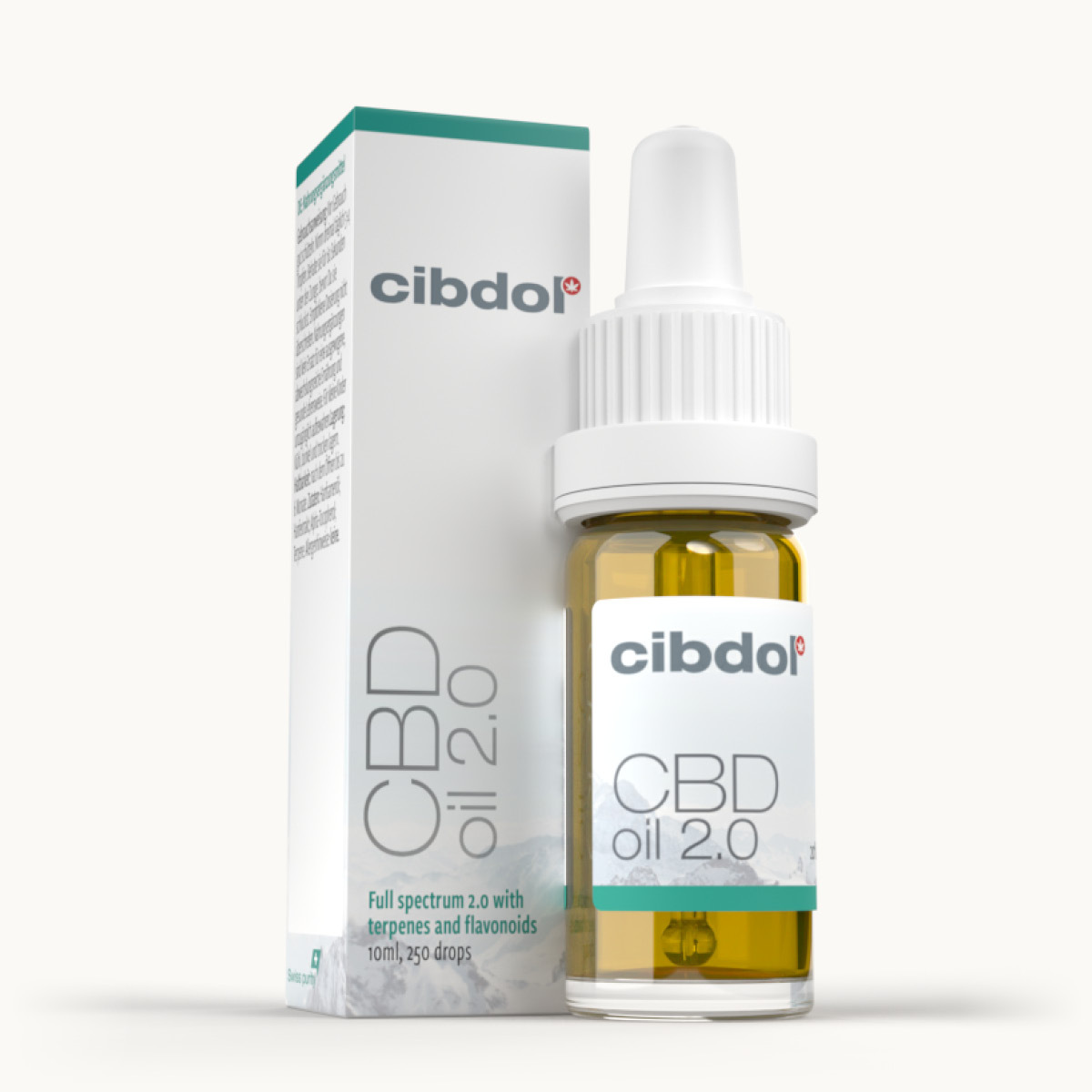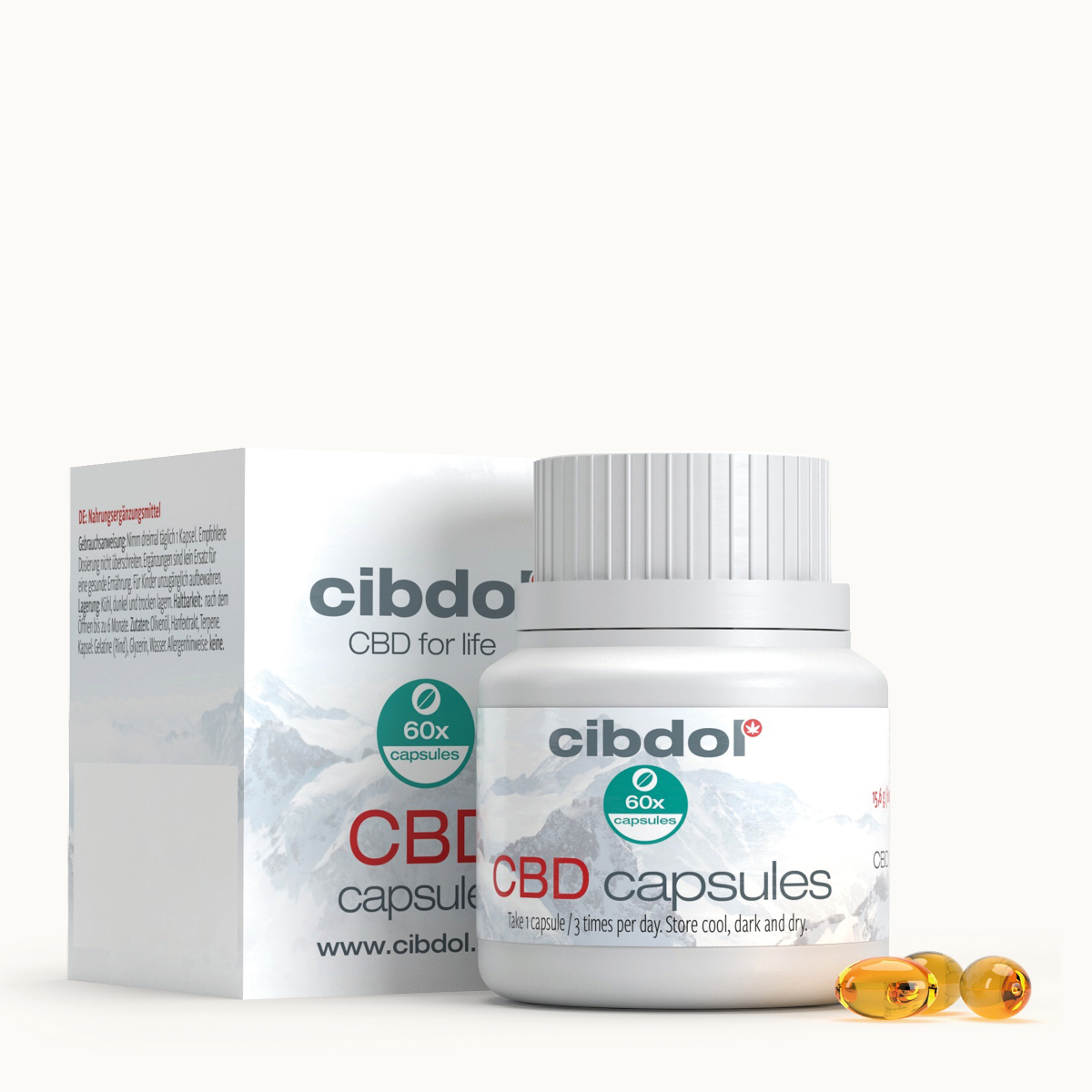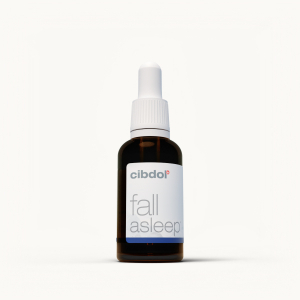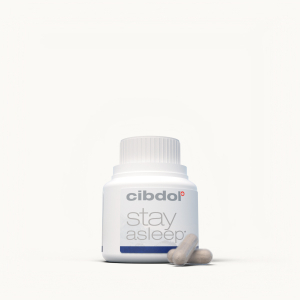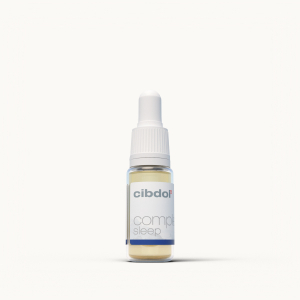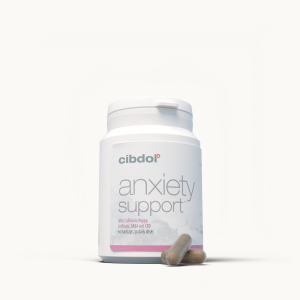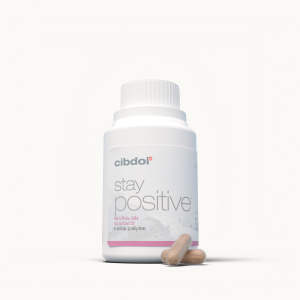Wähle mehr als nur effektiv mit Cibdol
Lebe den Lebensstil, den Du Dir schon immer gewünscht hast, mit Hilfe der Ergänzungsmittel von Cibdol. Ganz gleich, ob es sich um Unterstützung für Geist, Körper oder beides handelt, sind unsere rein natürlichen Ergänzungsmittel, Öle und Pulver für Dich da. Ein Leben lang.

Bewahre das alles entscheidende Gleichgewicht
Gehe über die reine Effektivität hinaus und mache Dir mit CBD Öl 2.0 das bisher tiefgreifendste Wellness-Erlebnis zunutze, oder probiere unsere traditionellen CBD-Kapseln, -Tabletten und -Pulver – der Wunsch nach Ausgeglichenheit war noch nie so leicht umsetzbar.

Hole Dir die Ruhe, die Du verdienst
Eine gute Nachtruhe ist von grundlegender Bedeutung, um in Bestform zu denken und zu fühlen. Lass Cibdol sich mit Ergänzungsmitteln zum Einschlafen, Durchschlafen und allem dazwischen um Deine Schlafbedürfnisse kümmern.

Für absolute Seelenruhe
Übernimm die Kontrolle über Deine Gedanken und Gefühle mit dem rein natürlichen Einfluss von Cibdols Stimmungsergänzungsmitteln. Lass Dich nicht von Stimmungsstörungen davon abhalten, die Dinge zu tun, die Du liebst, und genieße jeden Augenblick.
Alle Angebote erhalten
Abonniere unseren Newsletter und erhalten einmalig 10% Rabatt
FAQ
Häufig gestellte frage
- Was ist CBD?
-
Cannabidiol (abgekürzt CBD) ist eine organische Verbindung, die in der Hanfpflanze vorkommt. CBD kann mit einem riesigen Netzwerk von Rezeptoren in jedem von uns interagieren und viele spezifische Wirkungen auf Körper und Geist ausüben. Es ist jedoch nicht die einzige Verbindung, die den menschlichen Körper beeinflussen kann, da es zu einer breiteren Gruppe namens "Cannabinoide" gehört. Lies mehr über CBD.
- Was sind Cannabinoide?
-
Cannabinoide sind eine Gruppe von Verbindungen, die CBD und andere bekannte Chemikalien wie THC, CBC und CBG umfassen. In der Natur arbeiten Cannabinoide Hand in Hand mit anderen Verbindungen, um Pflanzen zu helfen, Enzyme zu produzieren und Schädlinge abzuwehren. Wenn wir Menschen jedoch Cannabinoide über Öle oder Kapseln konsumieren, besteht die Möglichkeit, Funktionen wie Schlaf, Appetit, Stimmung und weitere zu beeinflussen. Lies mehr über Cannabinoide.
- Was ist CBD-Öl?
-
Um CBD in ein alltägliches Wellnessprodukt zu verwandeln, wird die Verbindung aus Pflanzenmaterial extrahiert, einem Trägeröl zugesetzt und abgefüllt, bevor sie als CBD-Öl verkauft wird. Obschon das Öl verbessert, wie CBD vom Körper absorbiert wird, sind die wichtigsten Faktoren von CBD-Öl die Qualität und das Spektrum. Vollspektrum-CBD-Öle sind dank des Entourage-Effekts am effektivsten. Lies mehr über CBD-Öl.
- Was ist der Entourage-Effekt?
-
Bei dem Entourage-Effekt dreht es sich um das Konzept der chemischen Synergie. Im Fall der Cannabinoide kommen die einzelnen Verbindungen zusammen und verstärken sich in einem Maße gegenseitig, das sie unabhängig voneinander nicht erreichen können. Am effektivsten lässt sich der Entourage-Effekt mit Vollspektrum-CBD-Produkten wie dem CBD-Öl 2.0 von Cibdol nutzen. Lies mehr über den Entourage-Effekt.
- Was ist die CBD-Öl 2.0-Rezeptur von Cibdol?
-
Um den Entourage-Effekt zu nutzen, enthalten Vollspektrum-CBD-Produkte so viele natürliche Verbindungen aus der Hanfpflanze wie möglich. CBD-Öl 2.0 hat die Konzentration der dominanten, nicht-berauschenden Cannabinoide CBG, CBC, CBN und CBDA stark erhöht, damit sie zusammen mit unserem CBD in Goldqualität wirken. Bitte beachten: Unser CBD-Öl enthält kein THC und wird deshalb nicht als Cannabisöl oder Hanföl angesehen. Das Ergebnis ist ein Ganzkörpererlebnis, das in jedem Tropfen das volle Wellness-Potenzial der Hanfpflanze einfängt. Lies mehr über CBD-Öl 2.0.







